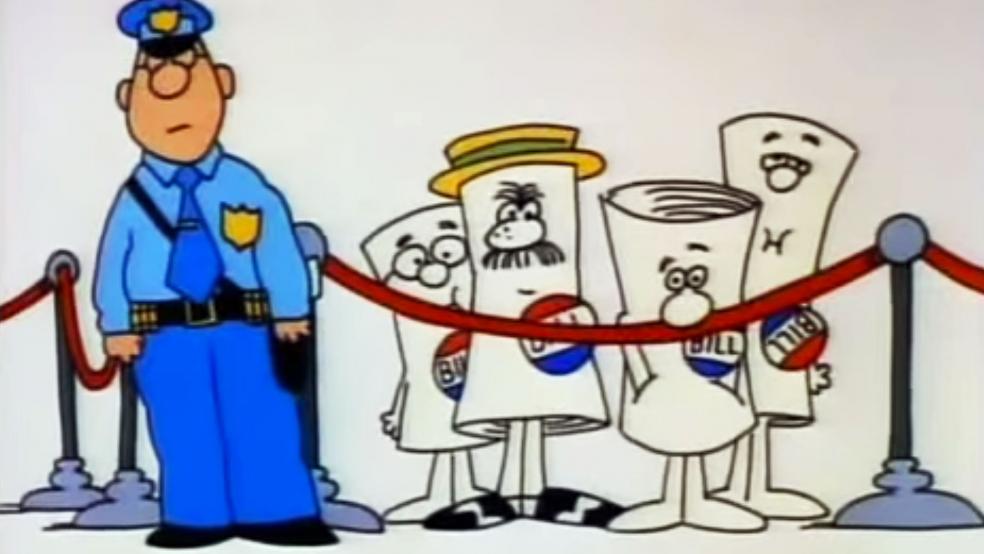For a little while last week, a couple of aides to House Speaker John Boehner (R-OH) were playing around with an idea for a Twitter hashtag that would express Republican frustration with Senate Majority Leader Harry Reid (D-NV). The hashtag, #LegislativeGraveyard, would be applied to posts about Reid’s unwillingness to take up measures passed by the Republican-controlled House.
As social media efforts go, it wasn’t much. Just a couple of tweets and then the idea was apparently abandoned. But the lack of uptake in the Twitterverse doesn’t mean that the term isn’t an accurate depiction of what members of the House Republican leadership think is happening in the Senate
Related: Unemployment Insurance Bill’s Fate Rests with Boehner
Boehner is taking a lot of heat these days for his apparent refusal to bring a Senate-passed proposal to renew an extension of federal unemployment benefits to the floor of the House for a vote. For his part, Boehner says that the House acted long ago – and more than once – to aid the unemployed by passing legislation meant to help the economy start creating new jobs.
In a press conference March 26, Boehner said, “If we’re going to consider dealing with emergency unemployment, we’ve got to do something about creating better jobs in America, higher wages in America. The Senate is sitting on dozens of bills that we sent over there. I think it’s time for the Senate to work with the House to help get the economy moving again. That’s the real issue.”
When a reporter asked if he was concerned about people “with no money in their pockets,” Boehner replied, “What those people want is a chance at a good job, and I’m trying to get them one.”
In fact, Boehner is so aggravated by Senate inaction, that his staff has created a webpage on his official site listing more than three dozen bills that the Speaker claims would help create new jobs if they were allowed to become law.
Related: Atlanta Fed - We’re Getting Worse at Economic Recovery
Of course, once you get down into the details of the bills in question, it becomes clear that many were passed with no realistic expectation of getting a hearing in the Senate, primarily because their main purpose was to stick a thumb in the eye of the Obama administration.
The House has passed a bill calling for full repeal of the Affordable Care Act, which Boehner characterizes as a job-creating measure because the ACA is “making it harder for small businesses to hire.”
Another bill would force the Obama administration to approve the controversial Keystone XL pipeline. Boehner’s claim that it would create thousands of jobs is dubious, at best. It would certainly result in many construction jobs in the short run, but once the pipeline is finished, the number of long-term jobs it will create is relatively small.
Not all of the House-passed bills are obvious potshots at the administration, though, and there is no reason why the Senate could not take up some of the House bills, make changes, and send it to a conference committee in an effort to craft a bipartisan agreement.
Related: Unemployment Insurance Bill Hits Political Snags
Some of the House bills passed with significant Democratic support. One measure would help businesses fight against “patent trolls” – individuals and companies that buy up the rights to patents, typically in the technology sector, and threaten to sue companies using processes similar to those covered by the patent in hopes of winning a settlement that allows the company to avoid the expense of a lawsuit. A large percentage of House Democrats supported the measure in a 325-91 vote.
The House also passed a bill, which the White House supports, that would exempt businesses from the Affordable Care Act’s health insurance mandate in the case of employees who are also veterans, and already have health care coverage through the Department of Veterans Affairs. That bill passed the House with near universal support, 406-1.
Just how many jobs some of these bills would create is unclear, but the fact that they enjoy overwhelming bipartisan support in the House, and don’t appear to conflict with any major issues on the Democratic agenda lends some support to Boehner’s claim that the Senate has, simply, been ignoring House-passed legislation.
Top Reads from The Fiscal Times:





